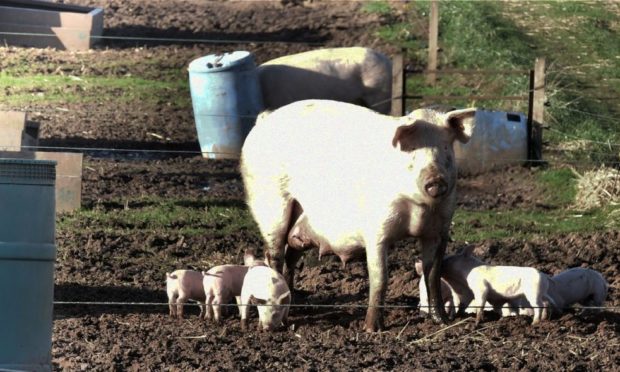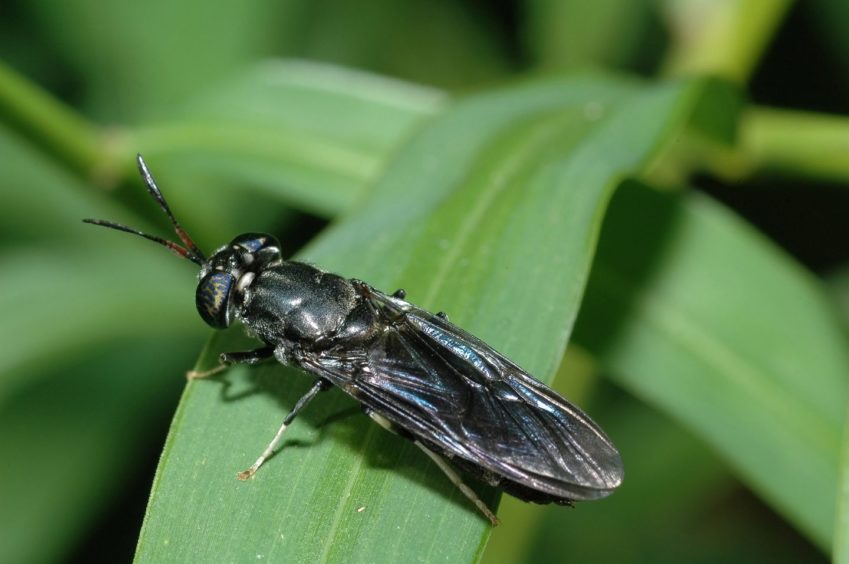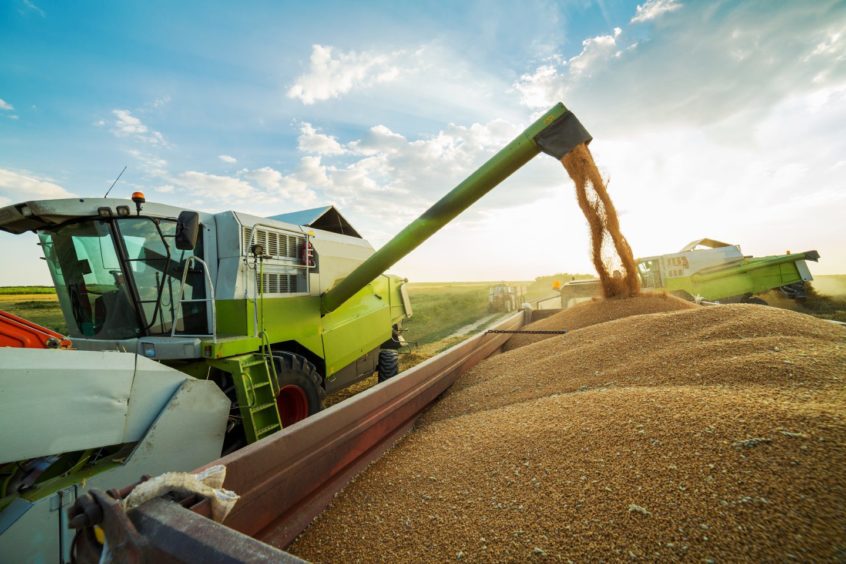The European Commission has begun moves towards allowing the use of non-ruminant animal protein in poultry and pig feeds.
It says this is justified because it is now five years since the EU has seen a classic case of BSE. Its blanket ban across all species was introduced in 2001.
The Commission says the move to relax the rules would reduce proteins being wasted which is in line with its Green Deal strategy to reduce waste and boost EU protein availability. It also says denying producers access to this form of protein makes them less competitive on global markets.
This could pave the way for insects to be produced specifically for use in livestock feeds.
Meanwhile, Europe remains on course for a good 2021 cereal harvest, according to Coceral, the body that represents the industry.
In its latest crop estimate report for the EU 27 and UK it suggests the harvest will remain comfortably above 300 million tonnes.
At 306.8 million tonnes its March forecast is slightly down on December’s 307.4 million tonnes. However it remains well ahead of the 2020 outcome of 287 million tonnes. Wheat production has been revised down from 143 to 141.5 million tonnes, mainly due to lower plantings in Germany, Italy, and Hungary. Barley production is still forecast at 61.5 million tonnes, down from 63.9 last year. The next Coceral harvest forecast report will be published in June.
The European Commission has published as report on what people living in rural areas see as priorities.
This is based on an online public consultation between September and November 2020. It identifies improved infrastructure, especially in terms of public transport, as a priority.
Farming is seen as the sector contributing the most to rural areas. The public consultation was to help develop a long-term vision for rural areas. Meanwhile the EU has agreed a 220 million euro budget to cover milk, fruit and vegetables for schools across the EU. The allocation is based on numbers of children in each member state.
The suggestion that the UK government will soon approve the use of gene editing techniques in England will open a huge policy division between London and Brussels.
It is justifying its approach on the basis of potential green outcomes from this science, but the EU remains opposed to its use. It believes it can increase deliver green outcomes via changes to conventional agriculture and greater support for organic and other lower impact production systems.
It is also likely there will be a difference of approach between England and the other UK regions – not least Northern Ireland, which remains in the EU single market. This is being pushed as evidence that Brexit is delivering a different future – but moves away from common production standards add to the long term problems of exporting to the EU.


